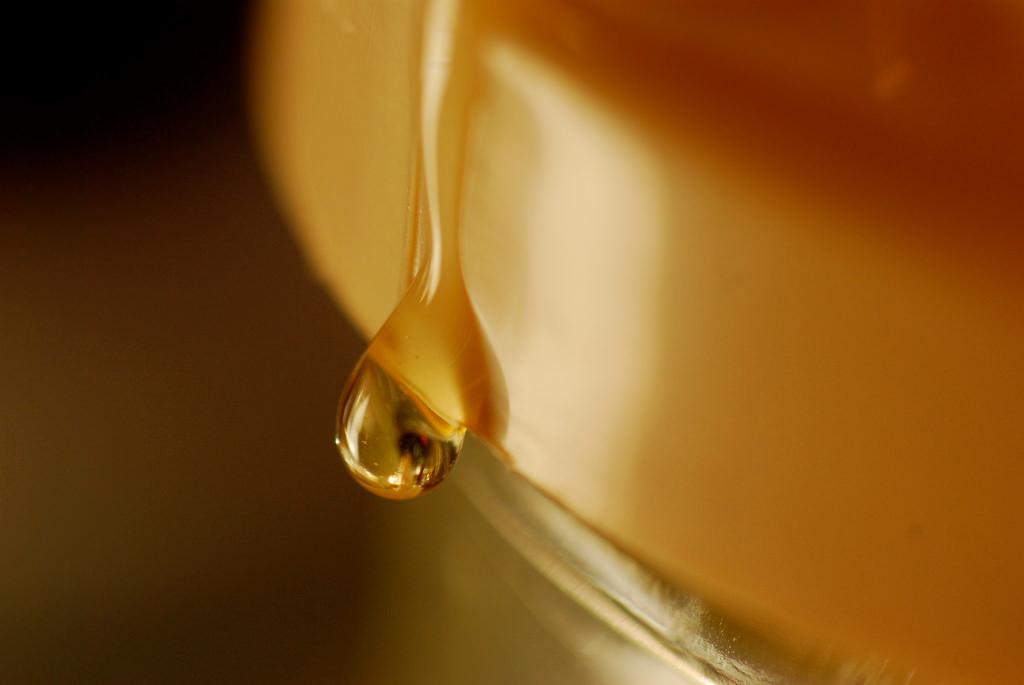Fake honey. That’s what Capilano, Australia’s leading ASX-listed honey company, and some Australian supermarket chains are being accused of inadvertently selling.
The accusations stem from testing conducted by a leading scientific laboratory based in Germany, which found that almost half of the honey samples they had received from Australia were not 100 percent pure but had been adulterated—that is, blended with other substances not from bees.




